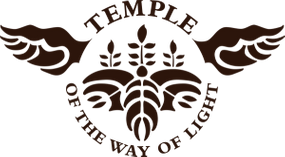Alliances & Partners
We partner with local and indigenous organisations and communities based in the region of Loreto in the Peruvian Amazon and forge alliances with international organisations who share in the vision of defending human rights and environmental justice, and promoting a thriving and sustainable Amazon rainforest.
Local Partners
OEPIAP
Organización de Estudiantes de los Pueblos Indígenas de la Amazonia Peruana (OEPIAP) is a nonprofit indigenous association founded in 2003 representing students from the Peruvian Amazon at higher (technical) and university levels who study in Iquitos. OEPIAP represents approximately 120 students from 13 indigenous peoples. Chaikuni has supported OEPIAP since 2014 through the Sui Sui Intercultural Education Program. To learn more about the OEPIAP, visit our Intercultural Education Program page.
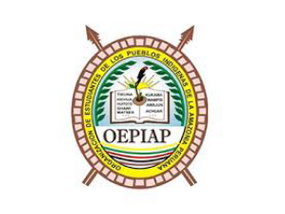
Formabiap
FORMABIAP is the educational arm of AIDESEP, educating indigenous students to become intercultural and bilingual primary teachers in their native communities. AIDESEP (Asociación Interétnica de Desarrollo de la Selva Peruana) is one of the national indigenous organizations and aims to work towards the just development, el buen vivir, of the Peruvian Amazon. It represents 1500 indigenous communities, 68 federations and nine regional associations. It aims to address the cultural and linguistic needs of native boys and girls. It wants to create a new generation of indigenous people who exercise their individual and collective rights, and defend their territories sustainably, according to the principles of autonomy and self-determination.
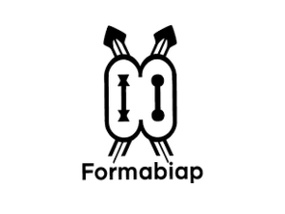
Radio Ucamara
Radio Ucamara is an indigenous media based in the city of Nauta in the Loreto region in the Peruvian Amazon. Radio Ucamara started in response to the needs of the indigenous Kukama people of the Ucayali and Marañon rivers, and the broadcast radio station develops projects to reinforce indigenous empowerment, revitalize the language, and sustain cultural traditions. These projects include managing the Ikuari School for elders to teach the Kukama language to children, producing music videos, and hosting radio programs in Kukama on essential issues in the community. Visit Radio Ucamara YouTube channel to learn more and watch the music videos we filmed in partnership with the OEPIAP.
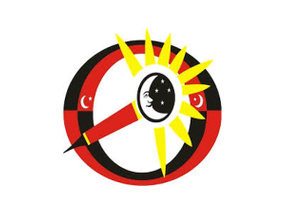
Comité de Defensa del Agua
The Water Defense Committee is a civil society collective of organizations and independent members defending the Amazonian environment, founded by a group of civil society organizations, indigenous federations and concerned individuals in 2011. It notably worked to block oil extraction in the Nanay River and succeeded as oil company ConocoPhillips Co. withdrew from the area. Since 2013, the Water Defense Committee has also been working to denounce and monitor illegal deforestation by Cacao del Perú Norte S.A.C. (today TAMSHI S.A.C.) in Tamshiyacu, and since 2017, they have been working to raise awareness about the illegal and highly destructive alluvial mining activity in the Nanay river, the drinking water source for the city of Iquitos.
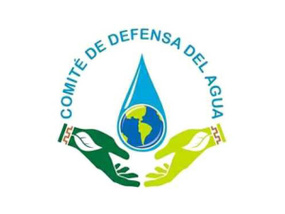
Huaynakana Kamatahuara Kana
Federación Indígena de Mujeres Kukamas del Samiria y Marañón, meaning "working women" in the indigenous Kukama language, this Federation of Indigenous Kukama women from the Samiria and Marañon River basins works in 28 indigenous communities for the rights and empowerment of Kukama women and for "el buen vivir" or dignified living conditions for the Kukama people.
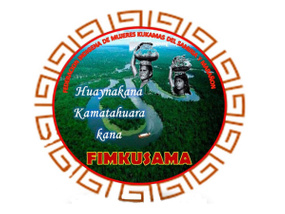
PAAP
Plataforma de Pueblos Afectados por la Actividad Petrolera, The Platform of Peoples Affected by Oil Activity is an indigenous movement mainly (but not exclusively) in the Loreto region of Peru, which unites and represents (at times) up to 50 indigenous organizations from areas that have been heavily (adversely) affected by up to almost half a century of oil activity. The platform advocates for the fundamental rights of the indigenous peoples in the affected territories.
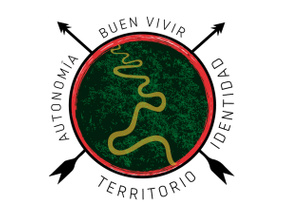
Cuencas Sagradas
The Amazon Sacred Headwater Initiative - Territories for Life - is an indigenous led bi-national initiative that aims to permanently protect 30 million hectares of indigenous rainforest territories in the headwaters of the mighty Amazon River – the Napo, Pastaza, and Marañon River Basins of Ecuador and Peru. The Chaikuni Institute has been invited to form part of the Technical Advisory Team of the Initiative.
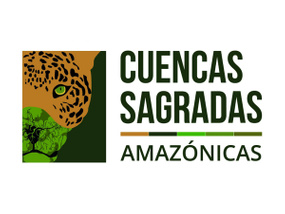
Dirección Desconcentrada de Cultura
The Ministry of Culture Peru – Loreto is a government institution of the Executive Branch responsible for all cultural aspects of the country of Peru and exercises exclusively in jurisdiction with respect to other levels of management throughout the national territory. It was created on July 21, 2010, through Law No. 29565
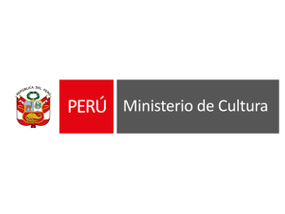
International Allies
Ná Lu' Um Permaculture Institute
The Ná Lu' Um Permaculture Institute is a planetary regeneration movement that dignifies Life and transforms consciousness in order to create a new social ecosystem. Founded 17 years ago on the Yucatan peninsula, it has been working in different corners of the world developing projects that benefit thousands of people, regenerating and transforming human beings, society and landscapes.
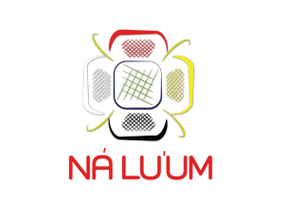
CATAPA vzw
El Comité Académico Técnico de Asesoramiento a Problemas Ambientales (CATAPA vzw) is a Belgian non-profit and volunteering organization established in 2005. It works around sustainable development and alternative globalisation, with a focus on the extractive issues in Latin America. CATAPA operates through awareness-raising, networking, research, lobbying, exchange programs and supporting farming communities that are threatened by multinational companies in countries such as Bolivia, Colombia, Peru and Ecuador.
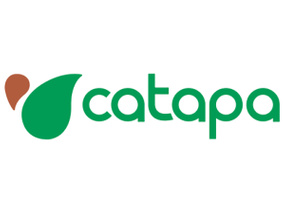
Global Giving
GlobalGiving is the first and largest global crowdfunding community that connects grassroots nonprofits, donors, and companies in nearly every country around the world. It is supported by a network of implementing, corporate and institutional partners. Since 2002, GlobalGiving has raised over $261 million from over 590,000 donors for more than 16,000 projects. Visit our projects supported by Global Giving: Ayni, Regenerative Food Forests in the Amazon and Indigenous Students in the Face of COVID19.
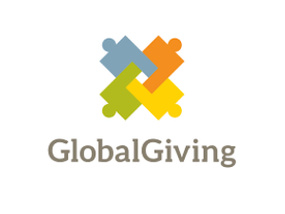
Maria Marina Foundation
Established in 2009 in memory of Maria Holder and her daughter Marina Brewster, the MariaMarina Foundation supports organisations that enable people, in particular the young, to transform their lives in a positive way and foster their access to education, vocational training, employment, social care and the arts.
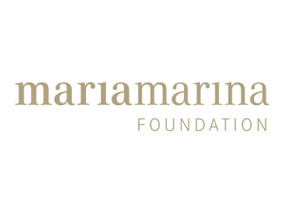
Amazon Watch
Amazon Watch supports Amazonian indigenous peoples in the defense of their ancestral territories and the protection of their environment. Since 1996 Amazon Watch has been supporting local peoples in emblematic indigenous struggles, including the Achuar of Peru’s Pastaza river basin, the Kichwa community of Sarayaku in Ecuador, the Munduruku of the Brazilian Amazon, and the U’wa people of Colombia.
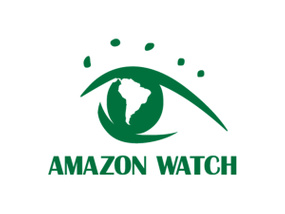
Amaru Fund
The Amaru Fund is founded by Rebekah Shaman, a London-based shaman with over 20 years of experience working with master plants in the Peruvian Amazon. Since 2013 Rebekah has been facilitating and leading ceremonies around the world. The Amaru Fund was created as part of Rebekah’s Ashaninka Cacao fair trade business, with the intention of giving back to the Amazon by supporting indigenous peoples and grassroots movements to protect the largest tropical rainforest in the world.
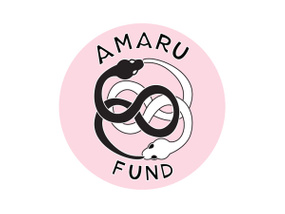
Nouvelle Planète
Nouvelle Planète is a Swiss non-for profit organization founded in 1986, which supports initiatives by people living in rural areas in Africa, Asia, and Latin America to improve their living conditions and make them more independent while protecting their environment.
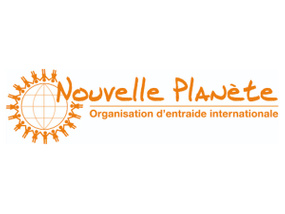
Empowerment Works
Inspired by indigenous wisdom since 2001, Empowerment Works is a nonprofit and global sustainability think-tank in action harnessing the power of collaboration to empower local solutions for a thriving world. EW engages a cross-sector network of Partners in Empowerment (PIE). In the world’s economically challenged communities, EW’s asset-building approach, 7 Stages to Sustainability (7SS) honors local heritage, and promotes sustainable livelihoods with the exchange of vital skills and technology in order to turn local assets into global health, economic and environmental solutions. The Chaikuni Institute works within EW’s framework.
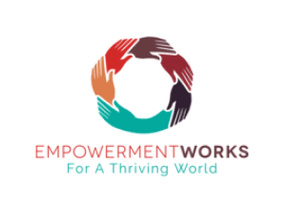
Special Alliance
Temple of the Way of Light
The Temple of the Way of Light is a traditional plant-medicine shamanic healing center located in the Peruvian Amazon Rainforest that offers intensive ayahuasca retreats with Shipibo healers. The center is dedicated to providing guests with the opportunity to benefit from the ancient healing wisdom of the Shipibo people, and to preserve this unique culture, its knowledge and identity in the 21st Century.
The Temple embodies the principle of reciprocity and has enthusiastically supported a wide variety of social and environmental programs in the Amazon since establishing the NGO's Alianza Arkana (2011) and then the Chaikuni Institute (2013).
